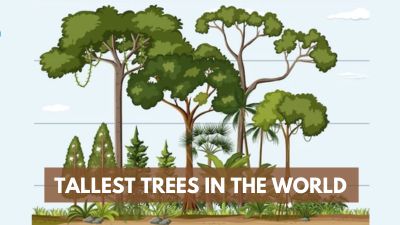Episode 39: Vaayu helps Hanuman tick things off his bucket list starting with a supersonic flight and view through the vortex!
Hanuman was sitting on top of Mount Kishkindha meditating to meet his celestial father Vaayu. Soon, Vaayu appeared before him.
Vaayu: You wanted to see me?
Hanuman: Yes, Dad. I’m bored. Can you take me for a ride?
Vaayu: Of course. Where do you want to go?
Hanuman: A place where no human has ever been to, at a speed at which no flying machine can fly, to see a view that no bird has ever seen.
Vaayu: What is the reason behind this unusual wish?
Hanuman: It’s Nala, Dad. He keeps talking about his “bucket list”. When I asked him what it means, he explained that it is a list of things a person hopes to do or experience during their lifetime.
Vaayu: Oh, interesting. But why is it called a bucket list?
Hanuman: Nala said that it originates from the phrase “to kick the bucket”, meaning ‘to die’. It was coined by Justin Zackham while writing the screenplay for the movie The Bucket List, which Nala watched.
Vaayu: Oh, this Nala and his time travel skills! He uses them for the strangest of things.
Hanuman: Dad, can you please help fulfil my bucket list?
Vaayu: Okay, fine. I’m going to make you fly at supersonic speed at which no plane has flown before. I’m going to take you to the centre of a tornado and show you a view that no bird would have experienced. Then, we will go to Ganghkhar Purnsum, the unclimbed mountain that no human has ever been to.

Vaayu flies Hanuman at a hypersonic speed, creating tornado-like waves called vortices, through which Hanuman sees a magical view. Finally, Vaayu takes him to Gangkhar Puensum, the highest mountain in Bhutan. It is the highest unclimbed mountain in the world. Climbing it is prohibited due to spiritual/religious beliefs.
Vaayu: Is your bucket list complete now?
Hanuman: This is just three of the million things I have on that list, Dad. But, tell me, did we really fly faster than the world’s fastest plane?
Vaayu: Yes, we flew at Mach 4, which is faster than Mach 3.3 at which the SR71- Black Bird flies.
Hanuman: What is Mach?
Vaayu: Mach is a unit of measurement used for the speed of a moving object in relation to the speed of sound. As the object’s speed approaches that of sound, the flight Mach number is nearly equal to one.

Hanuman: This is interesting, Dad.
Vaayu: Speaking of interesting, what do you think about the vortices?
Hanuman: They looked like tornados. I have seen a similar movement in water when we move a boat or throw a stone.
Vaayu: Exactly. A vortex is a whirling or spinning mass, as of water or air like a whirlpool or whirlwind. A tornado is a vortex of air that spins and makes a funnel.
Hanuman: Don’t planes create similar vortices when they fly?
Vaayu: Good observation, Hanuman! It’s called the wingtip vortices. The differences in pressure between the upper and lower surfaces of an aeroplane’s wings produce swirling vortices that trail as it flies through the air.
Hanuman: But why doesn’t the air just flow straight?
Vaayu: That has to do with the shape of the wings. When the air leaves the trailing edge of the wing, the air from the upper surface is inclined to that from the lower surface, creating the vortices.
Hanuman: Wow! I can’t wait to share this with Nala. I have crossed three items off my bucket list!
Vaayu smiled, knowing that Hanuman has more surprises awaiting him.
The author is the founder and CEO of Vaayusastra Aerospace, an IIT-Madras incubated ed-tech startup that offers Air Science workshops for children between five and 14 years.
Wordoku
This puzzle is a variant of sudoku where the grid contains letters instead of numbers. Solve tit by ensuring each letter of the word – VORTEX – fits exactly once in each row, column and grid.










